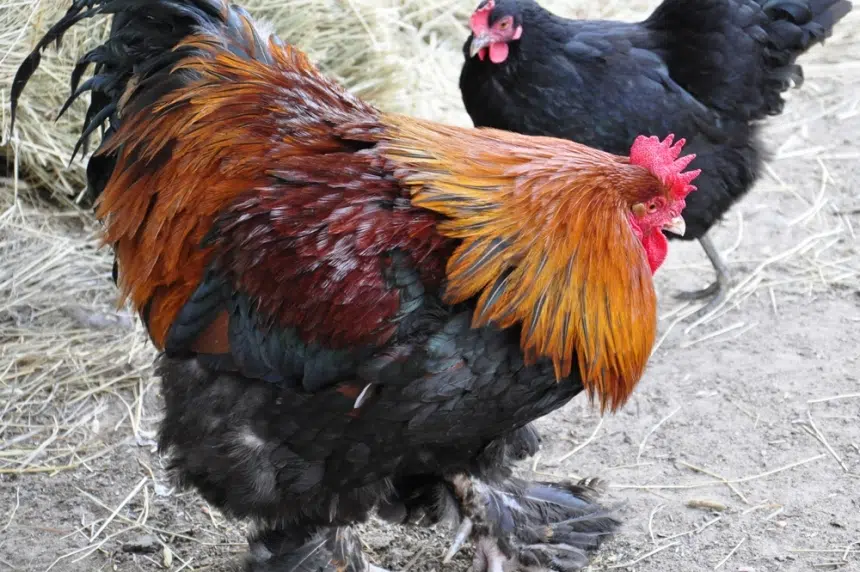A seventh case of highly pathogenic avian influenza — bird flu — has been detected in Saskatchewan.
The Canadian Food Inspection Agency said the latest case was detected Wednesday at a commercial poultry operation in the Rural Municipality of Baildon south of Moose Jaw.
So far in Saskatchewan, two cases of bird flu have been found in the RM of Loreburn (one at a commercial operation, one in a small flock) and one in each of the RMs of Moose Creek (small flock), Morse (commercial), Carmichael (commercial), Montrose (commercial) and Kingsley (small flock).
All of the infected premises have been placed under quarantine.
According to The Canadian Press, poultry and egg producers in the country have now lost more than 1.7 million farmed birds to a highly contagious strain of the flu.
The CFIA said the tally includes birds that have died of the virus and birds that have been humanely euthanized to prevent the disease’s spread.
Alberta is the hardest-hit province, with 900,000 birds dead and 23 farms affected.
The virus was first detected in Saskatchewan in a snow goose near Elrose on April 8.
On April 14, Saskatchewan’s chief veterinary officer instituted an animal health control area order to limit the co-mingling of poultry due to the risk of the flu. The order prohibits birds from being taken to and appearing in shows, auctions, agricultural fairs and any other events where birds would be brought together from multiple locations.
That order is in effect until May 14.
The agency has said there isn’t any risk to food safety and the risk of transmission is low.
The Saskatchewan government previously said biosecurity is the best tool for poultry producers and small flock owners to protect their birds from avian flu. Biosecurity protocols include keeping wild birds away from poultry flocks and their food and water supply, limiting visitors, and monitoring bird health.
Small flock owners are encouraged to confine their birds indoors, if possible, during wild bird migration.







